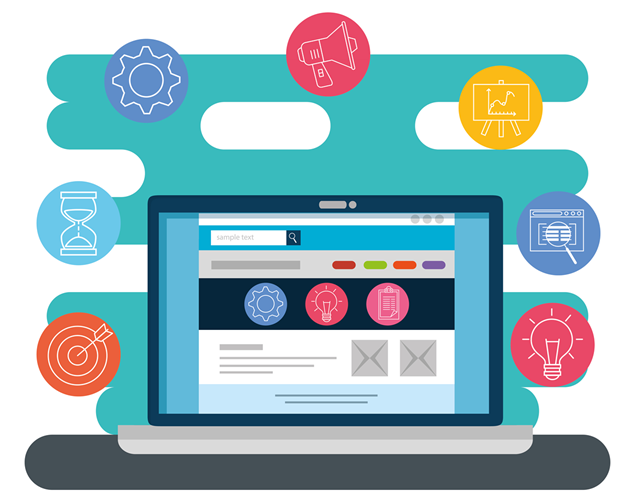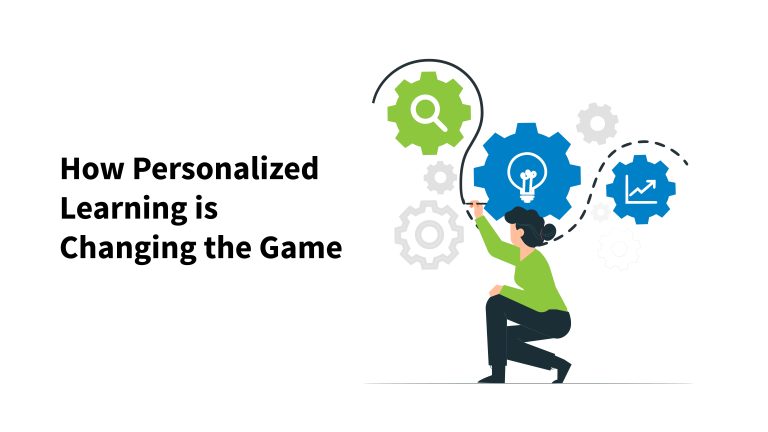

In today’s dynamic educational landscape, Learning Management Systems (LMS) play a pivotal role in delivering effective and engaging learning experiences. Among the many features that enhance the functionality of an LMS, the Rules Engine stands out as a powerful tool for automating various tasks and processes. In this article, we’ll delve into how an LMS Rules Engine can be harnessed to meet specific requirements, including sending automated SMS, WhatsApp messages, FCM notifications, and emails, assigning points for leaderboards, awarding badges and certificates, pushing updates to third-party CRM tools, and making third-party API calls.
What is a Rules Engine?
A Rules Engine is a software component that allows businesses to define and execute a set of rules or conditions to automate decision-making processes.
- These rules are based on specific criteria, events, or data inputs and can trigger various actions or responses when those conditions are met.
- By leveraging a Rules Engine, organizations can streamline operations, reduce human intervention, and ensure timely communication with stakeholders.
- A Rules Engine in an LMS is a logic-based component that enables administrators to define and automate actions and decisions based on certain conditions or triggers.
- These rules can be customized to streamline processes and enhance the learning experience for both educators and learners.
Specific requirements can be addressed using the LMS Rules Engine.
1. Automated Communication: An LMS Rules Engine can be configured to automatically send messages and notifications to learners and instructors. For instance, when a learner completes a course, the Rules Engine can trigger congratulatory messages or course completion certificates via SMS, WhatsApp, FCM (Firebase Cloud Messaging), or email.
2. Gamification: Gamification is an effective way to motivate learners. The Rules Engine can assign points to learners based on their course progress, quiz scores, or other achievements, fostering competition and engagement. These points can then be displayed on a leaderboard, encouraging healthy competition among learners.
3. Recognition and Motivation: To acknowledge and motivate learners, the Rules Engine can award badges and certificates when specific milestones or achievements are reached. For example, learners who complete a specialized course can receive a “Specialization Certificate” or a “Master’s Badge,” enhancing their sense of accomplishment.
4. Integration with External Tools: LMS administrators often need to synchronize learner data and progress with Customer Relationship Management (CRM) tools. The Rules Engine can automate this process by pushing updates, ensuring that learner profiles and data are consistent across the organization’s systems.
5. Seamless Integration: Many organizations rely on third-party services or tools for various functions. The Rules Engine can be programmed to make API calls to these external services, enabling seamless data transfer and interactions.
Conclusion:
The Rules Engine within an LMS is a versatile tool that can be tailored to meet a wide range of specific requirements. From automating communication to gamifying learning experiences, integrating with external tools, and making API calls, the Rules Engine enhances the functionality and efficiency of an LMS. By leveraging its capabilities, educational institutions and businesses can deliver a more engaging and personalized learning experience while streamlining administrative tasks.



